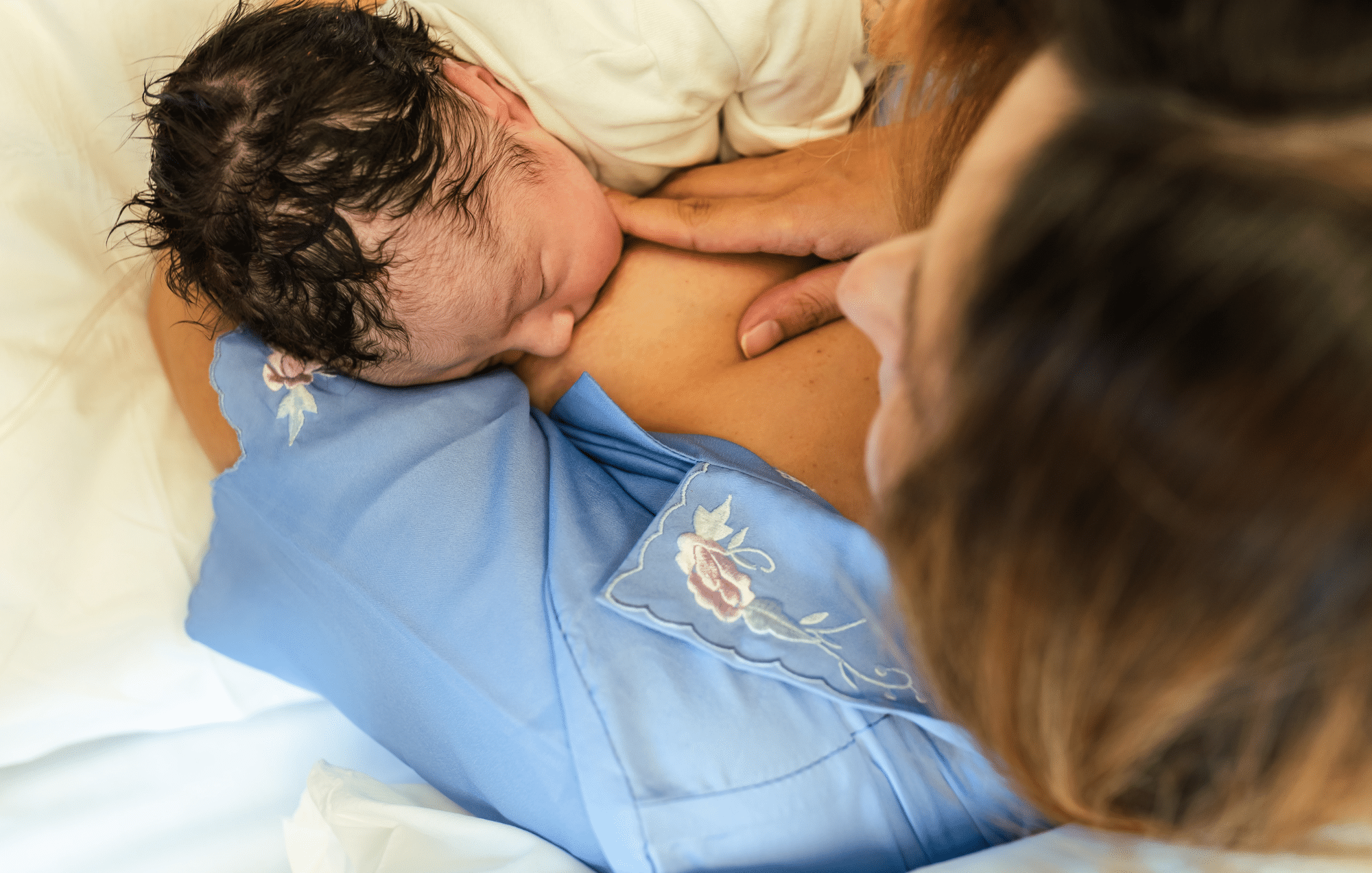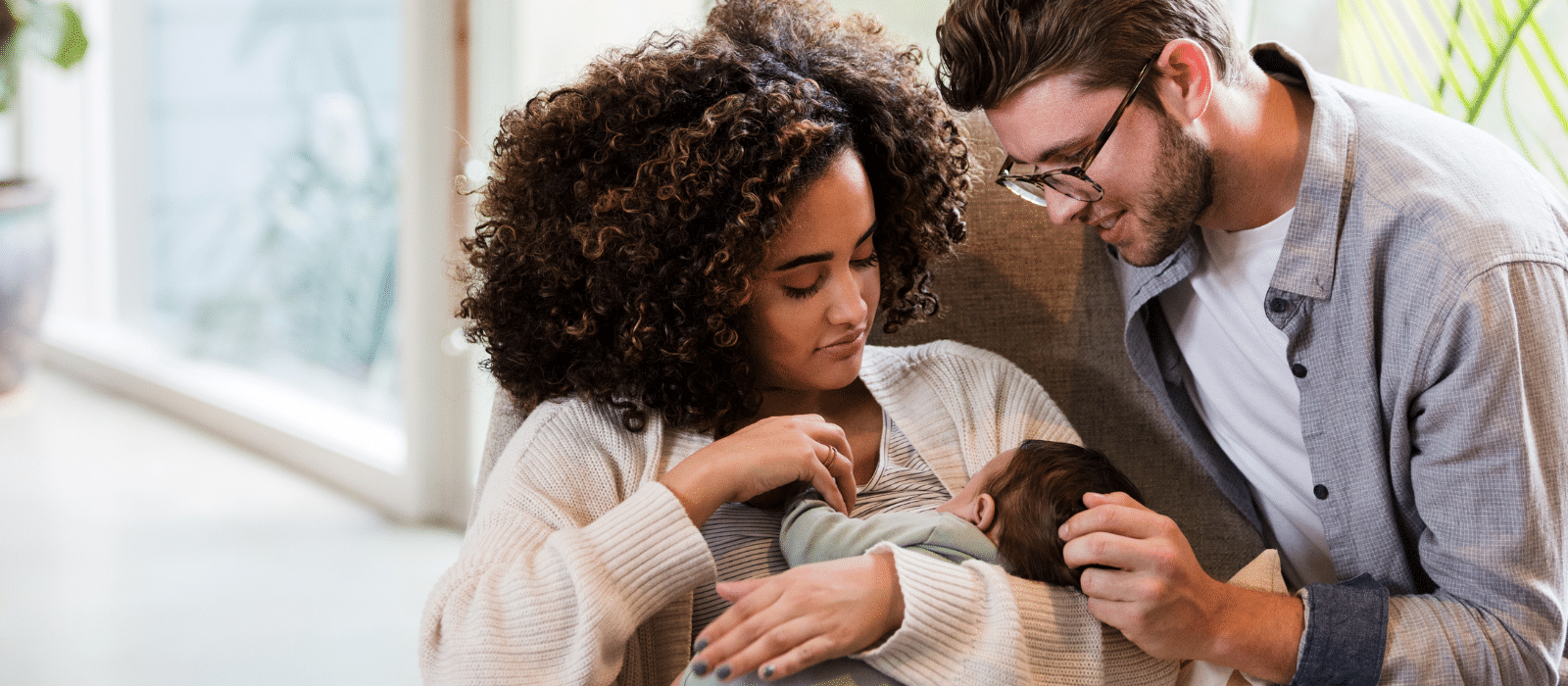Over the past six months, as I was preparing my TEDx talk, I went through countless iterations. One of my many challenges was narrowing the focus because there was just so much I wanted to say, but I only had twelve minutes!
So I focused on how inadequate breastfeeding knowledge in the medical profession endangers breastfeeding. One of the topics I cut from my early drafts though was a discussion of the lack of breastfeeding education for everyone.
Think about it… do you remember learning much (or anything??) about breastfeeding in health class? Or in college?
This blows my mind. Lactation and breastfeeding are part of normal human physiology. Yet we don’t learn about it. As children, as high school and college students, even as medical students, when we learn about the physiology of the rest of the body, this function that has been vital to our survival as a species, is barely mentioned.
Why? Partly because we simply don’t value breastfeeding enough in our culture. But also because we’re just not comfortable talking about it. Or seeing it.
And we wonder why so many mothers struggle.
This week, Metro Richmond Zoo shared the story of Zoe the orangutan who learned to breastfeed. Zoe was orphaned very young and in 2021 when she had her first baby, she didn’t hold him close or nurse him. So after the recent birth of her second baby, when Zoe again did not nurse right away, zookeeper Whitlee brought in her own baby and demonstrated for Zoe how to breastfeed. And it worked!
As humans, we have the same problem. Before we have our own babies, we don’t often watch each other breastfeed. Wouldn’t it be amazing if we did though? If we got comfortable with watching our sisters and our friends… and then when it’s our turn, we have visual memory. We can learn by seeing, not just by doing.
In traditional human cultures, women help other women with breastfeeding. In our modern culture, not only are we missing basic knowledge and understanding of how our bodies work, but we have also lost the art of gathering around and supporting each other. Mothers feel alone.
It’s time we once again have each other’s backs as women, as mothers.
See. Learn. Do. Teach.
Then rinse and repeat.





